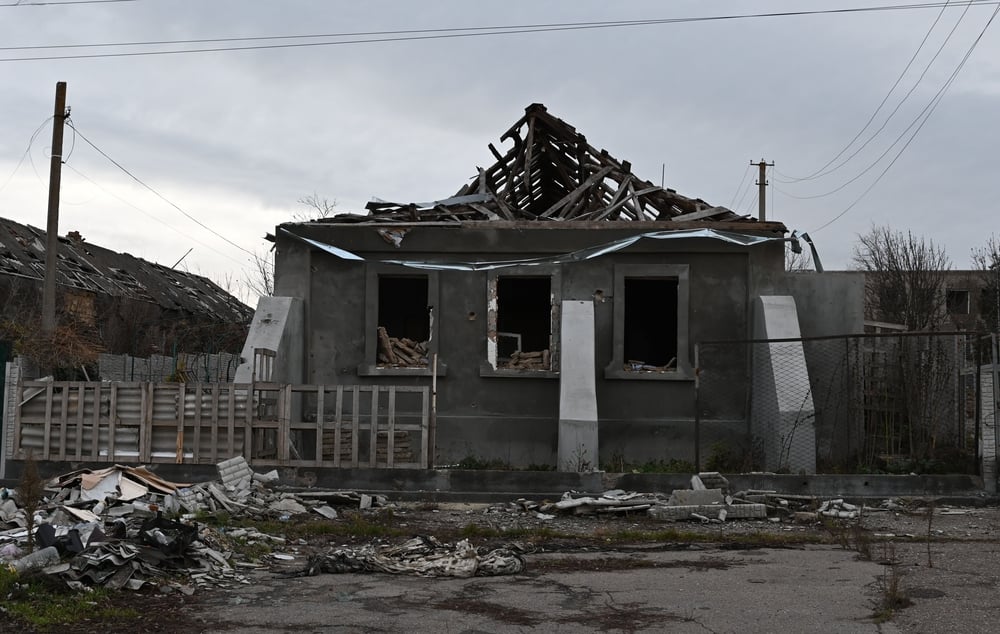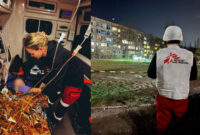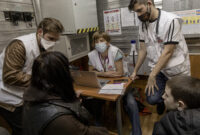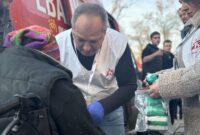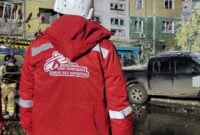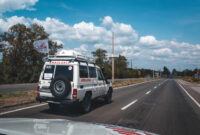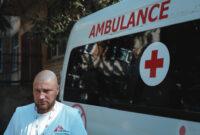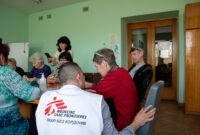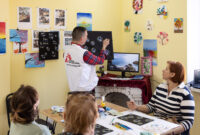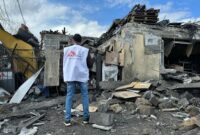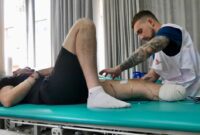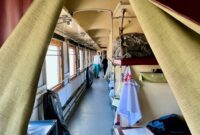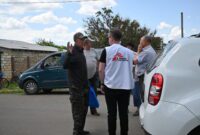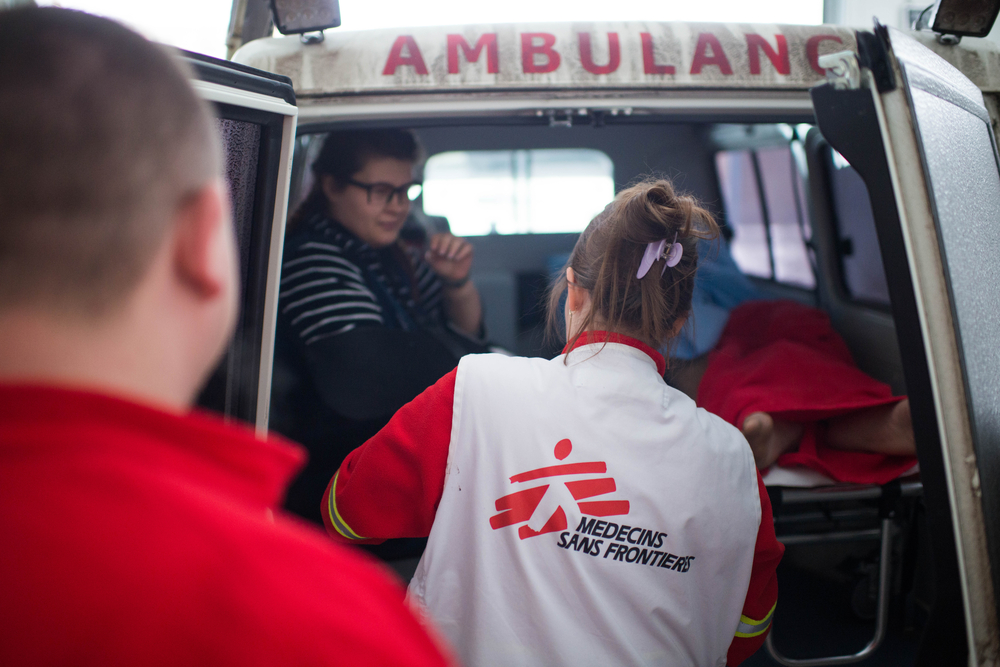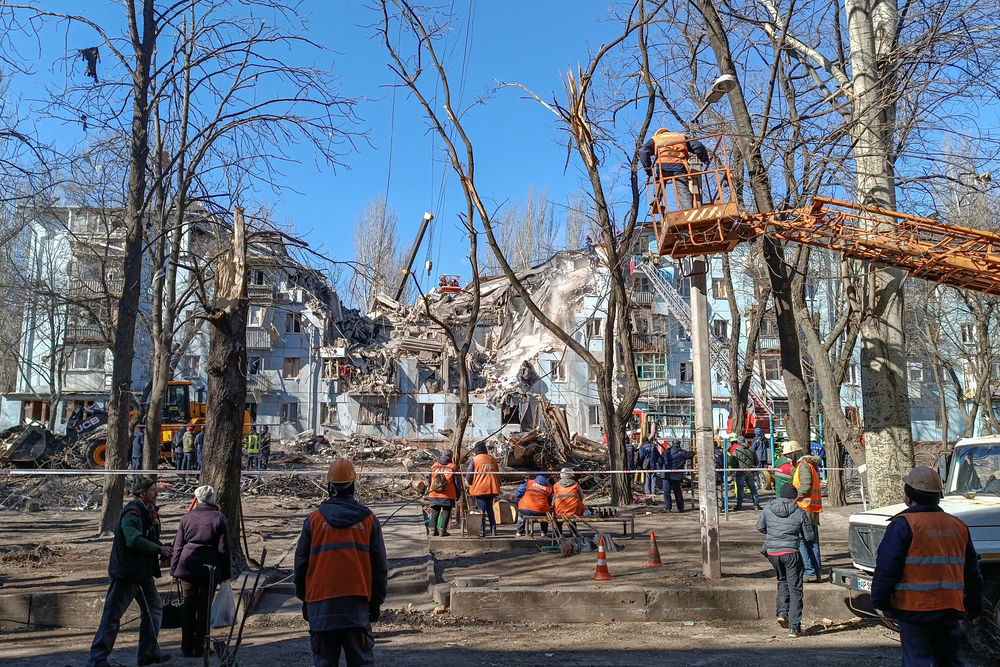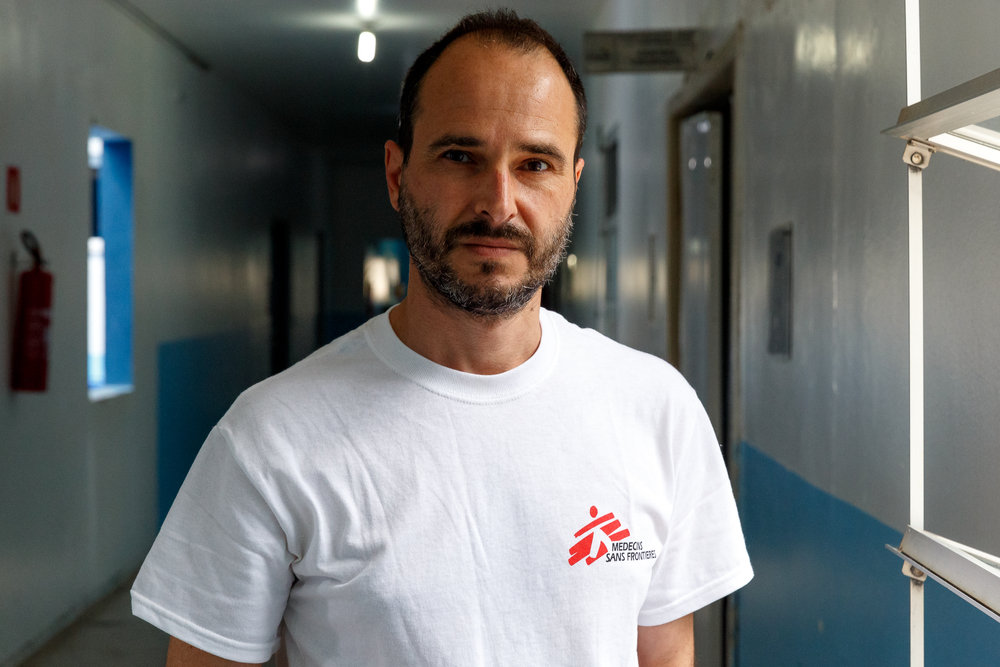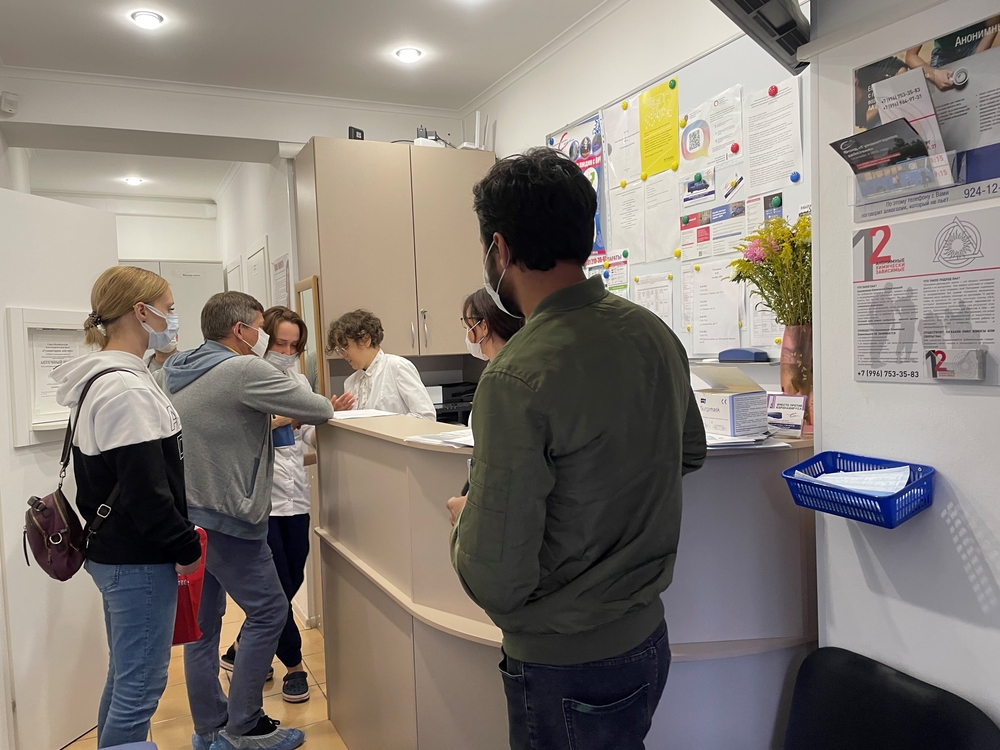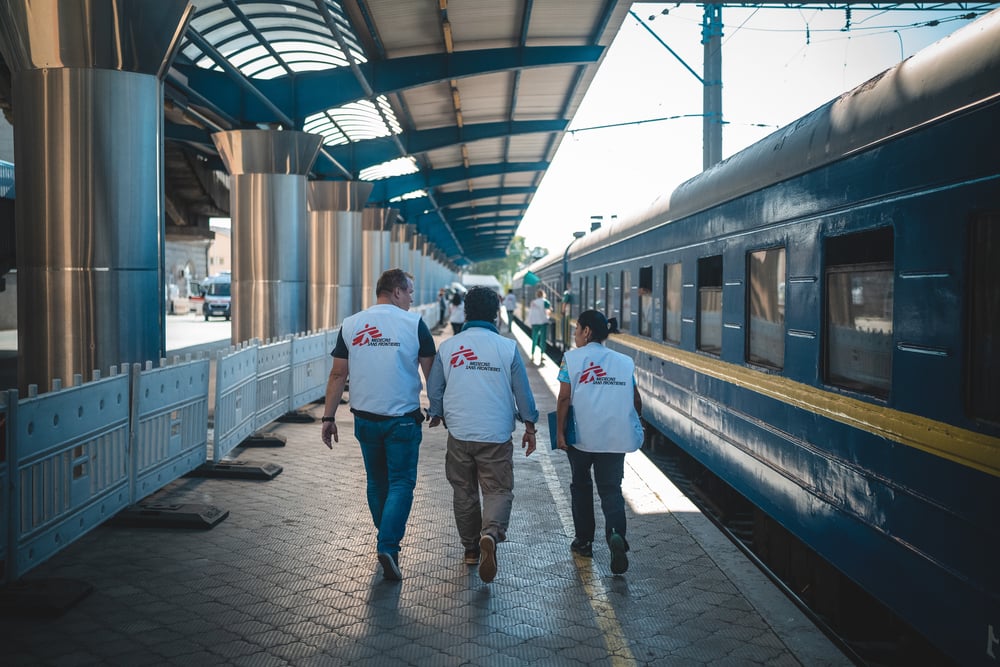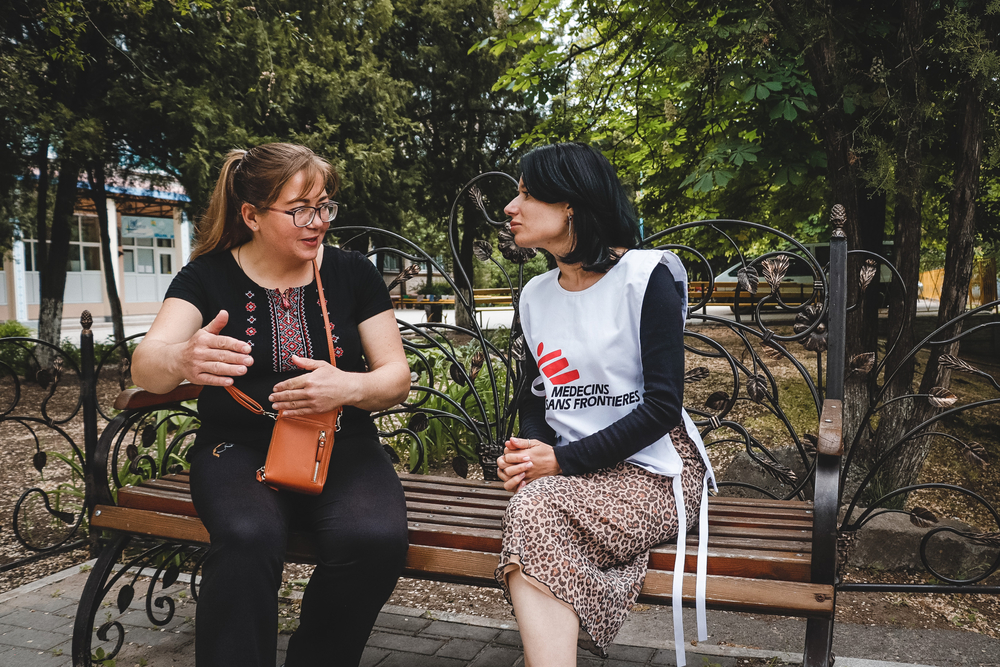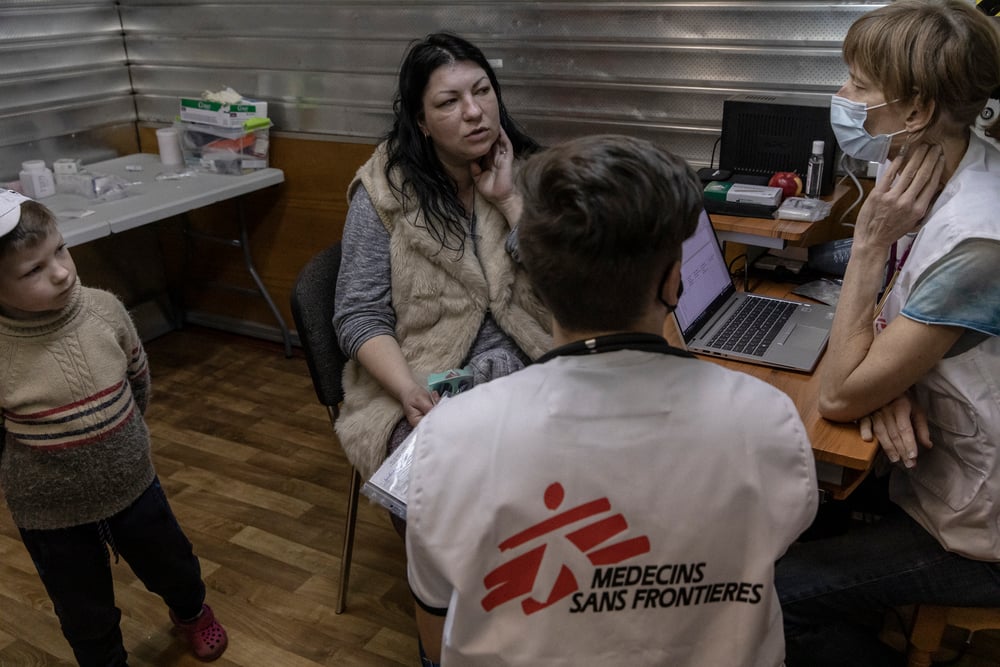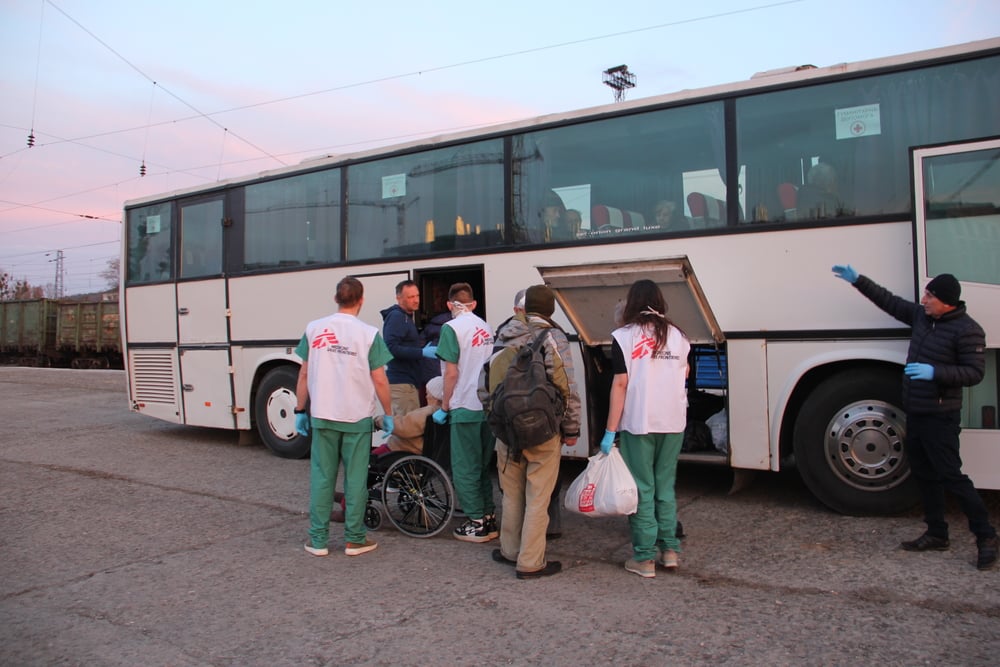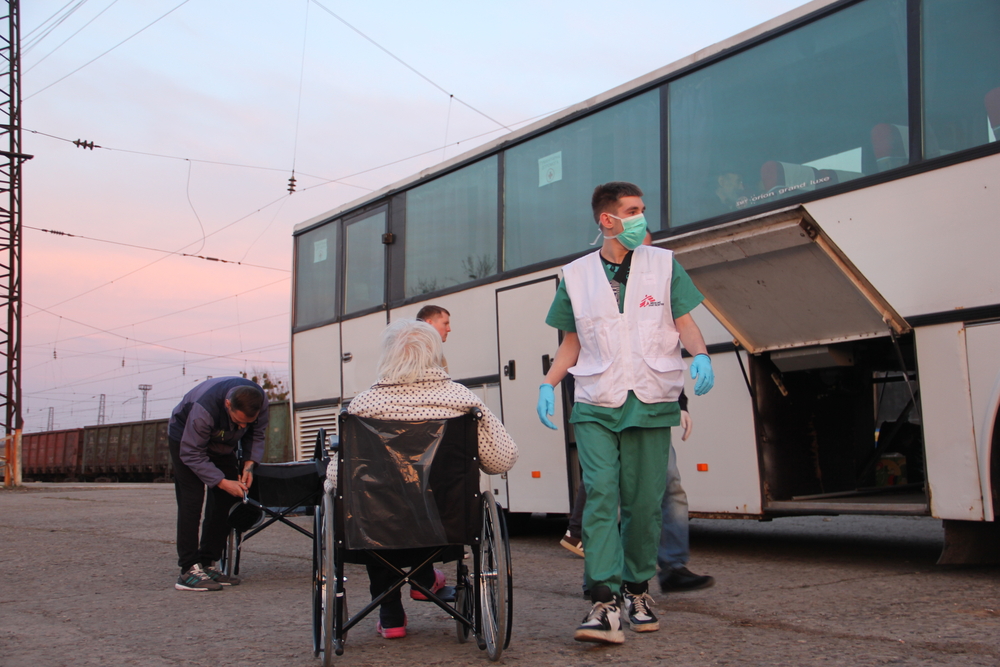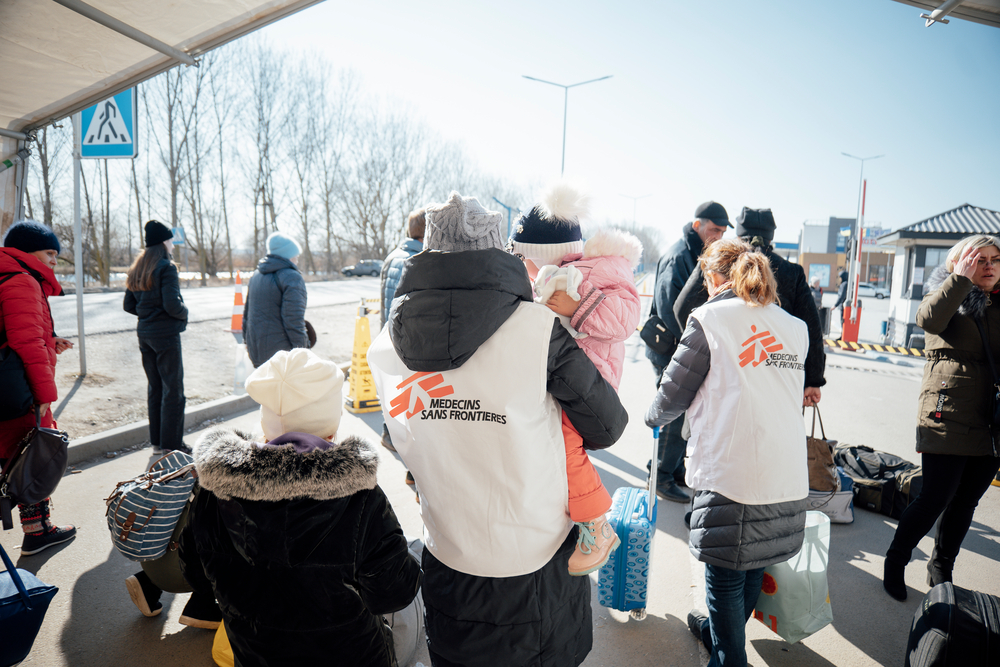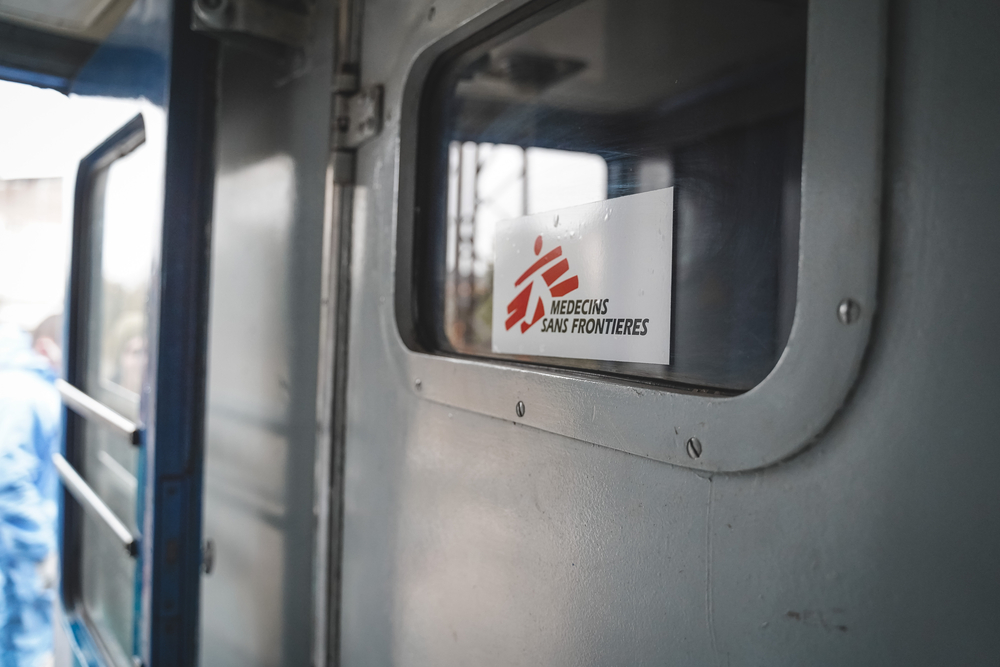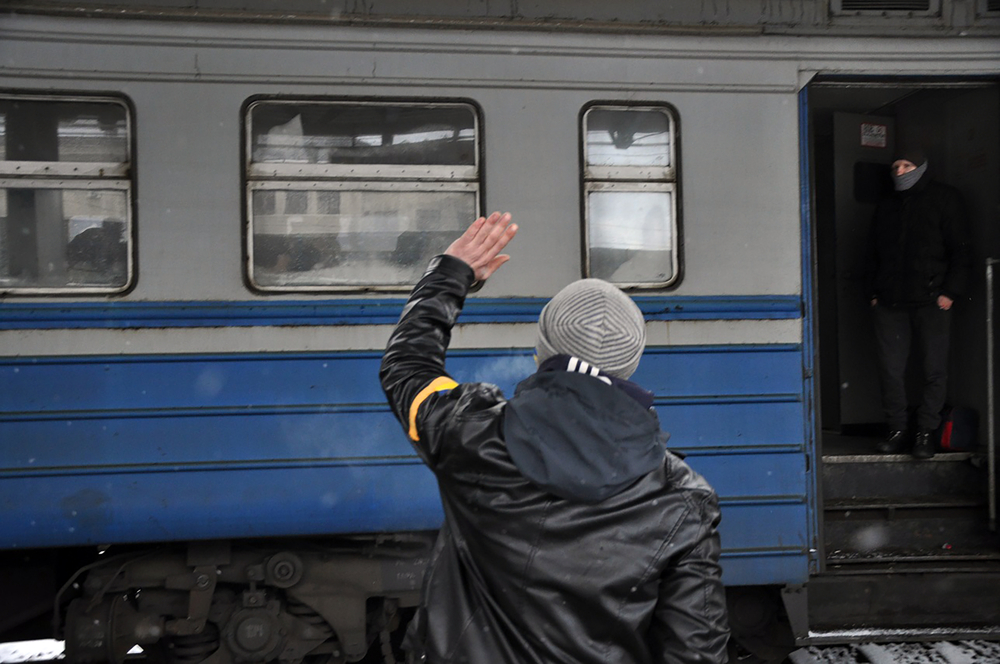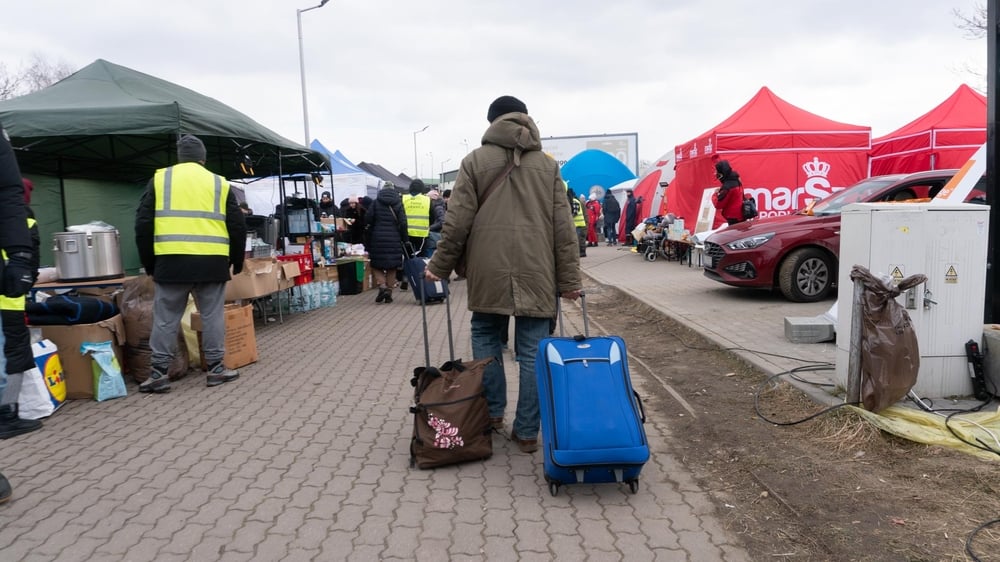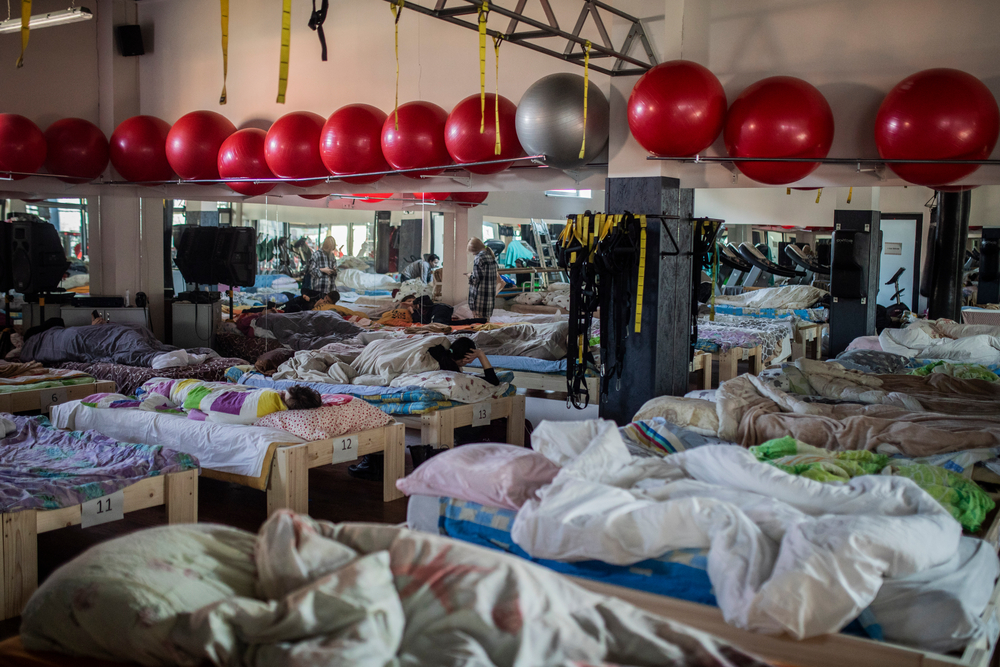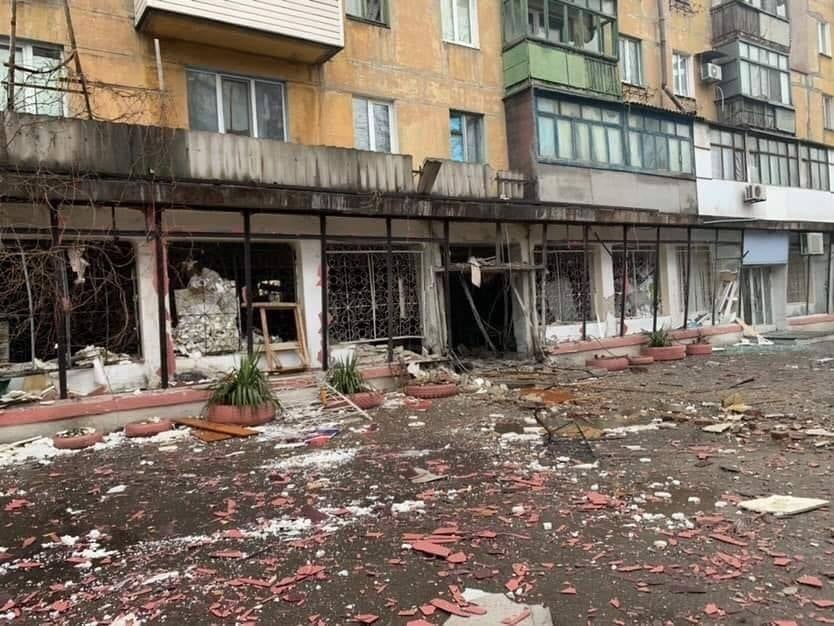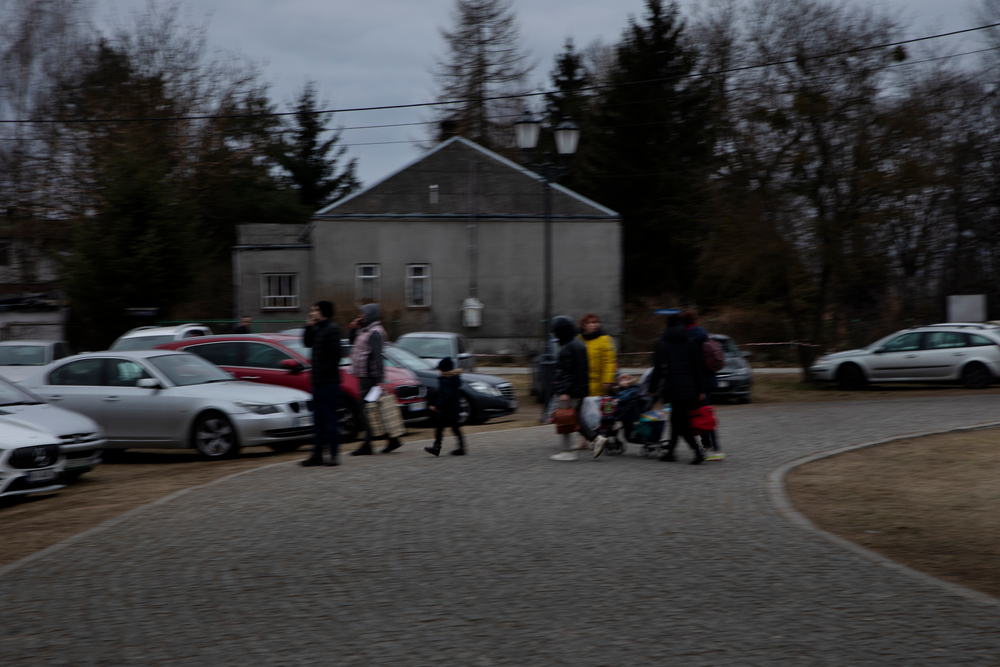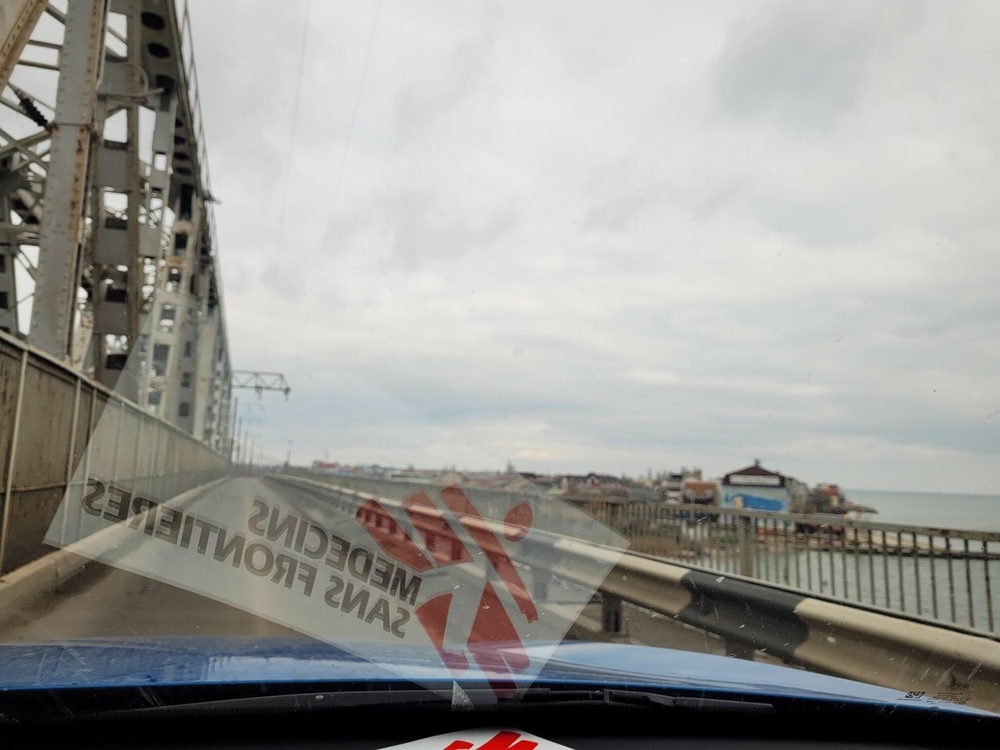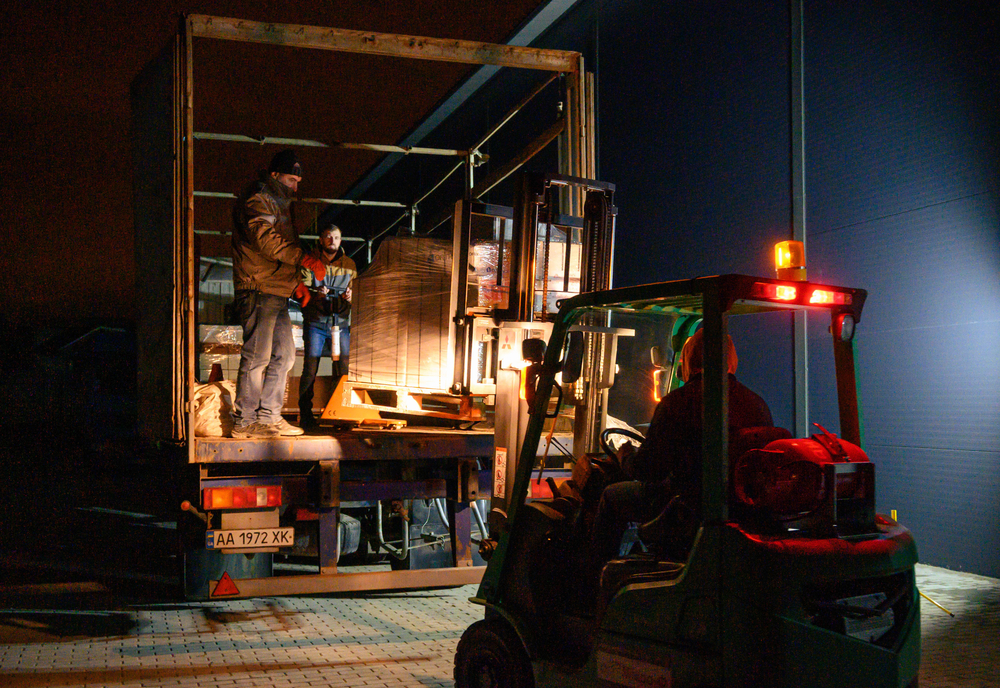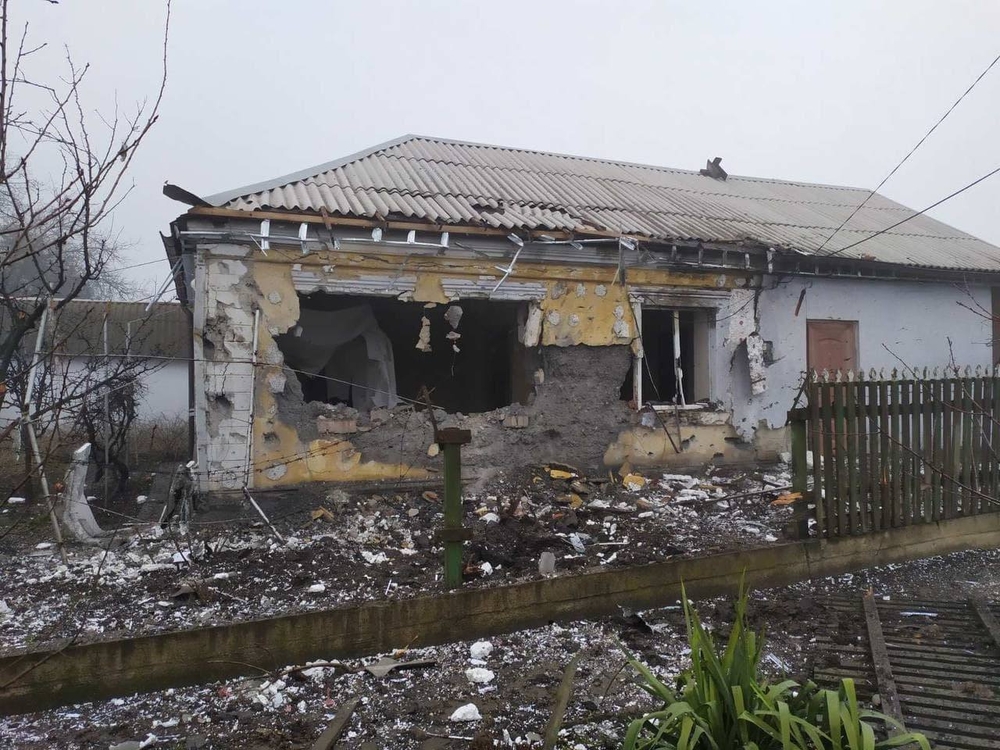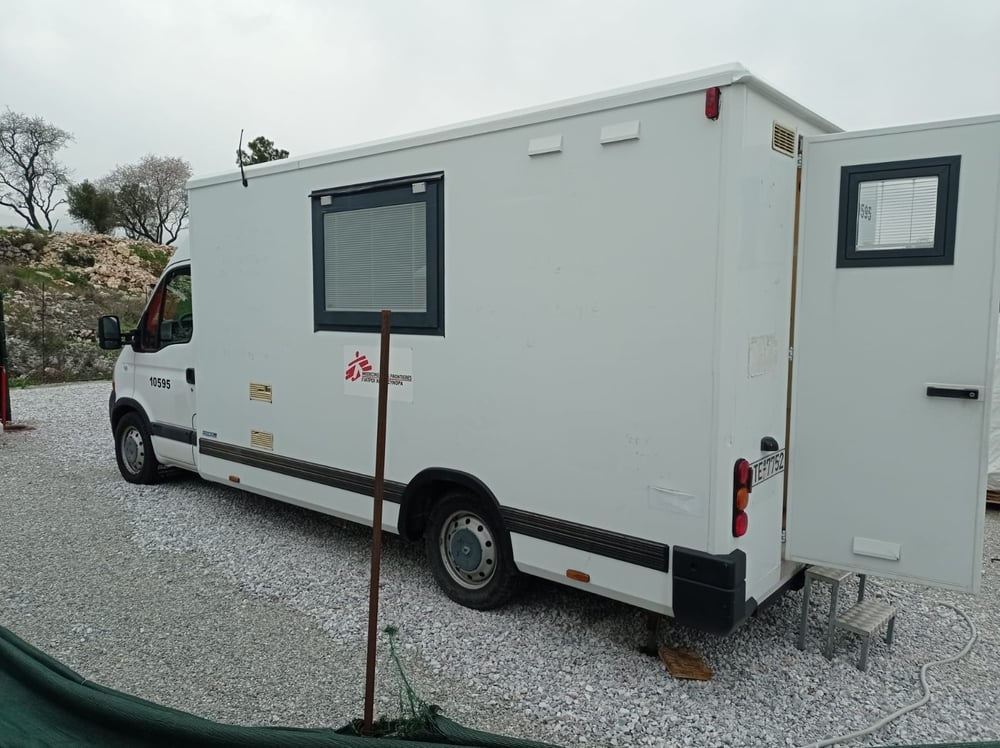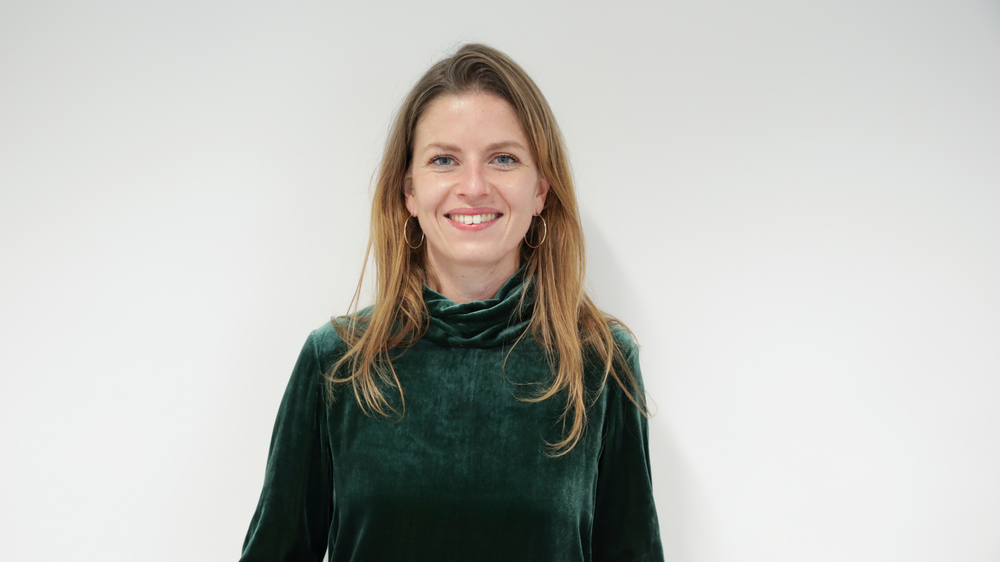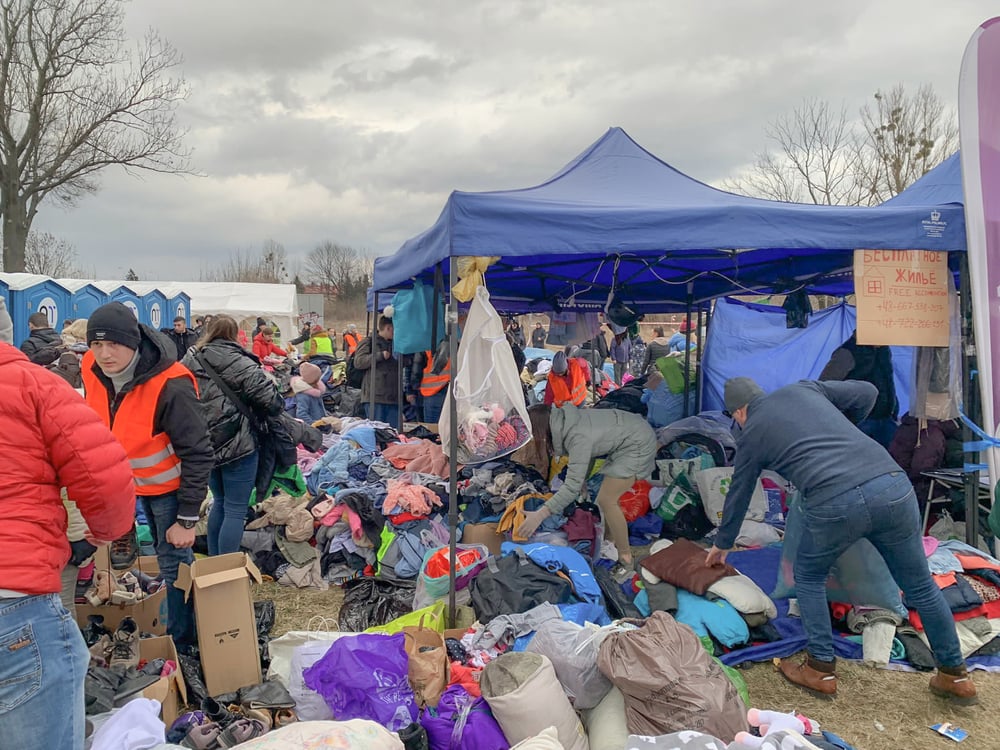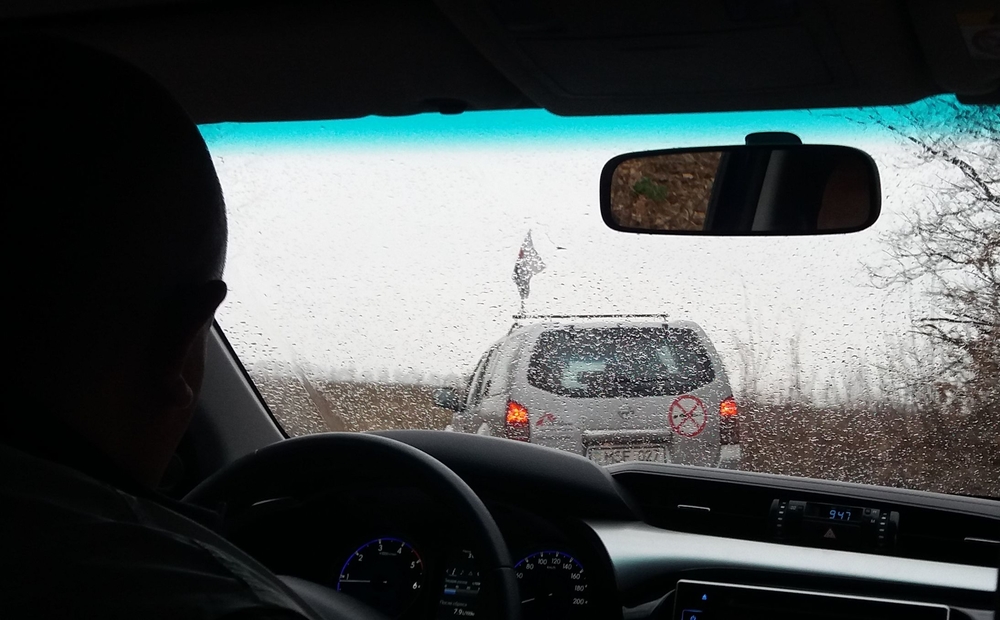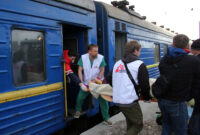Ukraine: Positive stories in the middle of a war
By Ivan M. García, MSF Spain Head of Media
“Hey, try to bring back some positive stories, too!” is a mantra offered by colleagues each time one of us in the MSF communications team goes out to projects. It’s also a classic from journalists from time to time, specially at Christmas and in summer, when news is supposed to be light—as if reality were also on holiday.
Positive stories, stories of overcoming, with happy endings. Searching for and collecting them from the war in Yemen, the fighting in Cabo Delgado in Mozambique, or from the Darién Gap, a deadly route between Colombia and Panama where every week hundreds of migrants risk their lives by skirting cliffs and facing flooded rivers, is no easy task. “But they must exist, of course they must,” you exclaim. Those are the words I repeated to myself at the end of February, when I entered Ukraine from Slovakia, a year after the escalation of the war.
After several days of travel by road, an MSF medical team and I arrived in the southeast of the country. From there, we visited Liubomyrivka, a small enclave in the Mykolaiv region near the Kherson city, to assess the medical and humanitarian needs of the few people who remained. We were greeted by the mayor, Nadiya Heorhivna. “Come, then you will understand the extent of my sadness.” She led us to Liubomyrivka’s school—or what was left of it. It had been hit during the fighting a few months ago and only part of the building was still standing. Fortunately, this had occurred in the early hours of the morning when there were no children or anyone inside. But now, the little ones have nowhere to gather or play. The school grounds’ bunker—the only one in the village—was also destroyed.
Liubomyrivka is one of Ukraine’s many villages and towns that were cut in two by the frontline. Those who could flee, did, especially the young people. Others, especially the older ones, stayed, either because they had no way to leave, no place to run to, or because they refused to leave the home where they had lived all their lives, in a show of resistance somewhere between tenacity and unconsciousness.
Neighbours and relatives disappeared. So too did those who worked in the fields, or tended the counters in the shops. The medical workers were also gone. Pharmacies and medical centres closed. Some of these were even attacked, damaged and destroyed. As MSF recently reported, 89 medical structures in the areas of the Kherson region retaken by Ukrainian forces -places like Liubomyrivka – were damaged and are now unable to function, leaving more than 163,000 people without medical care.
Eventually, almost no one was left in Liubomyrivka. Only about 50 of 600 original residents remained.
Now, with the frontlines shifting into areas under Russian control, those who fled Liubomyrivka are beginning to return. This is good news, but Mayor Nadiya is aware that the needs are great. Houses need to be rebuilt and materials are in short supply. Worst of all, there is no one to cultivate the fields. Not because there are no available hands—around 200 villagers have already returned—but because it is not safe. The fields are contaminated by landmines.
Finally, I ask Mayor Nadiya if, in this difficult past year, there has been anything small that brought a smile to his face? Perhaps a hint of joy, in the middle of so much misery? “The way things are…”, she says before twisting his face into a grimace that hints at reproach. There is silence… She offers me more biscuits and chocolates from a tin and gazes out the window of his office.
“A joy? A joy is seeing people come back. There was a time I was afraid that no one would, and that the village would eventually disappear. I’ve lived here all my life, you know. And I want this place to prosper. That’s what I’m seeing now with the returning neighbours, how we help each other. It’s nice, and it’s that kind of thing that has always made me happy.”
“Of course, there are joys,” I say to myself as I say goodbye to the mayor. Of course, there are.
Shrapnel in the hospital
Dr Viktoria Baranyuk holds a shrapnel fragment in the palm of her hand: two sinister centimetres of twisted metal that form razor-sharp ridges. Viktoria says she picked it up from the floor of her office in the hospital in Novyi Buh (Mikolaiv) one morning in May last year. Fighting was raging nearby, and shrapnel was raining down. Shelling came from Kyiv, Irpin and Bucha, hundreds of kilometres away, followed by scores of injured people. Roads were cut off, homes turned to rubble, and entire families were hemmed in by artillery fire.
The most serious consequences of those days, she says, are not the physical damages or wounds, but the invisible impacts. This is corroborated by our teams when they visit places like Novyi Buh. People are grappling with anxiety, depression, grief, insomnia, and post-traumatic stress disorder. Many of our patients admit that they did not believe this war would last so long. Others assume they may not return to the home they left. And if they do, they don’t know what they will find there. “Will my house still be standing? Will my father still be alive? Will my mother, my brother…?” are the questions on their minds.
Viktoria is optimistic. She smiles through much of the conversation, even as she recounts the hardest days in the hospital. She says that they never stopped working for a moment, against the clock, caring for injured people as well as pregnant women. She concedes that some staff left the area quickly. But they were only a few, she says, and most of them came back soon after, to lend a hand like everyone else. “This has brought us together, we have worked together and helped each other like never before. When the war is over, because it will be over, we will be better than before; we will have grown, we will be better off.”
Of course, there are triumphs.
Affected comrades
Dima is a big guy with a bushy beard and a clean look. His handshakes threaten to crush your hand, and his spontaneous hugs comfort without remedy. He’s a nice guy, and no one would guess that behind his smile is the memory of the terrible attacks on Kramatorsk. It has been a few months since he and his wife left Kramatorsk, almost as long as he has been working with MSF as a radio operator.
But his parents, now elderly, remained. Dima says they talk often: his parents from their bunker and he from the MSF base in Kropyvnytskyi, in the centre of the country. “They don’t want to leave. They say it’s their land. They say they know they can die, of course, but they insist that it’s their home and they won’t leave.” Dima says that yes, of course he understands them, but no, it’s not easy.
Dima is also a grateful man. “This job is fantastic,” he says. He says that day-to-day life in cities and towns like Kropyvnytskyi can disconnect you from reality, but as soon as you go out with the MSF teams to a displaced people’s settlement or a hospital, you quickly understand the situation in Ukraine. “People need to talk, they need psychological help. They have seen family members die… and they themselves have spent months not living, only trying not to die. In this sense, what we can offer them—beyond any help—is hope. I look at the white of our waistcoats and I think of that, something that shines amid so much darkness.”
And hope is something that Dima has plenty of. He often thinks about the day this will all be over; the day he can go back to his home and put into practice what he is learning this year. He also thinks about finding a house and, above all, starting a bigger family: he dreams of having a baby. “I was a little bit of a dork, so, yes, a girl would be better.”
Of course, there are positive stories. There always are.
